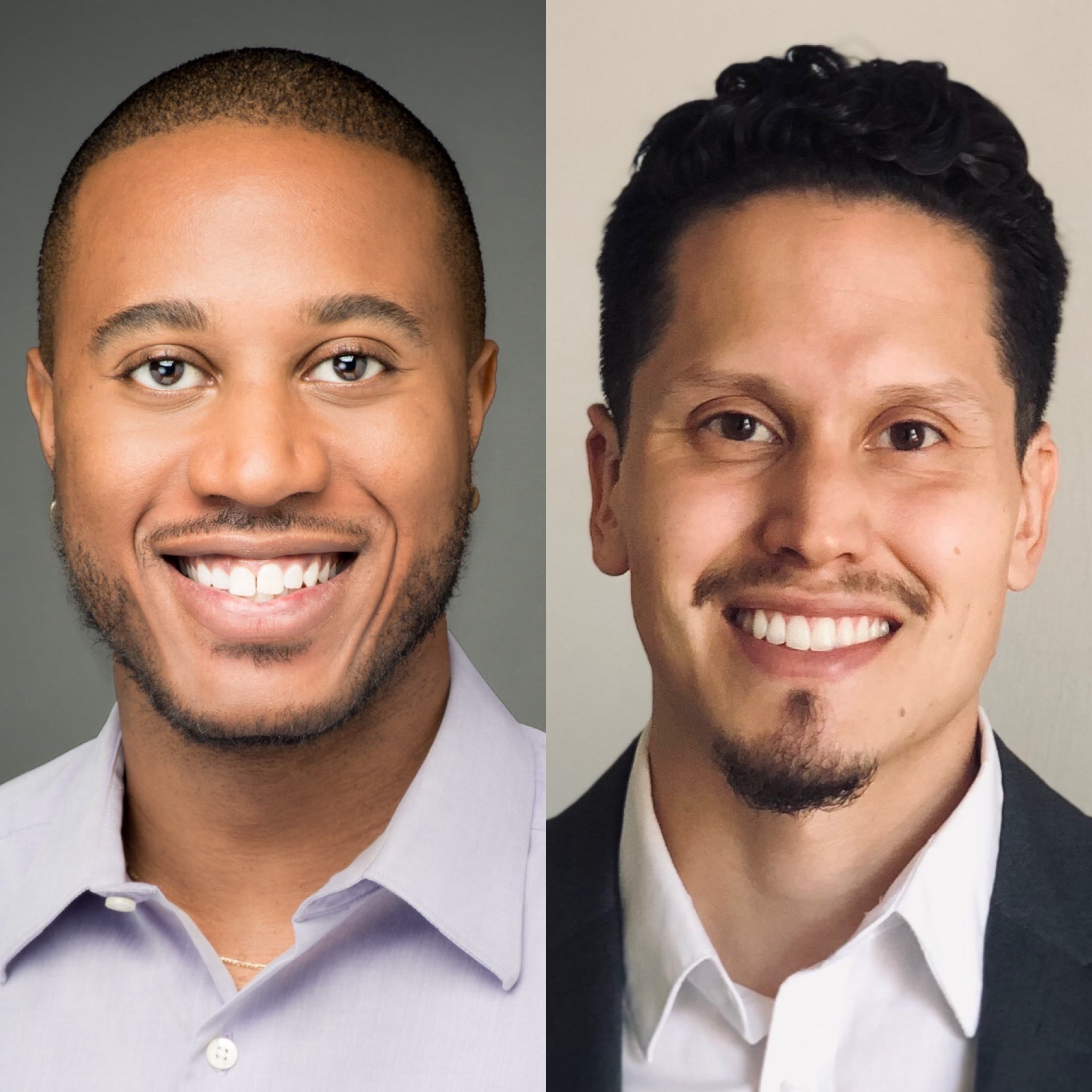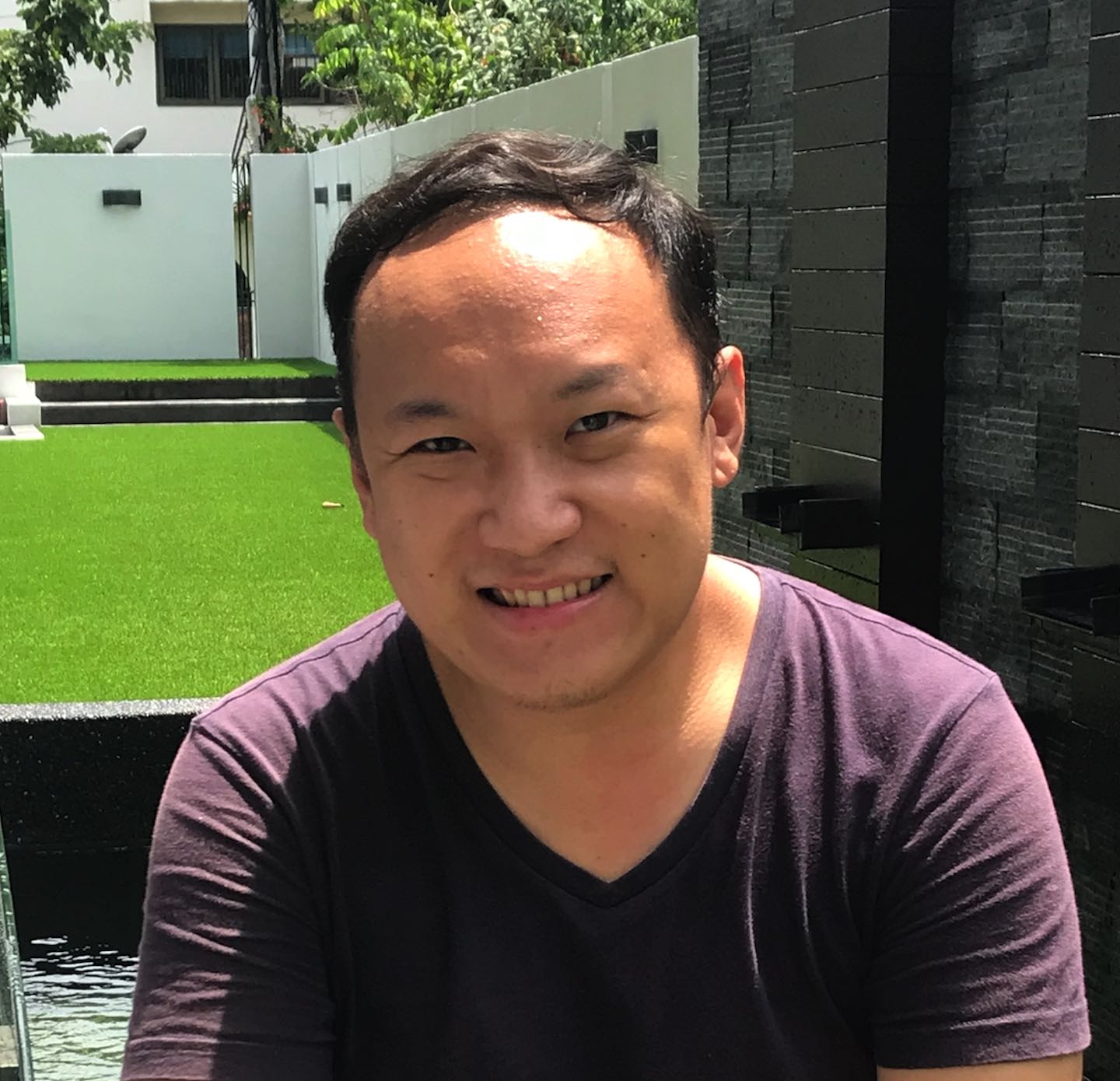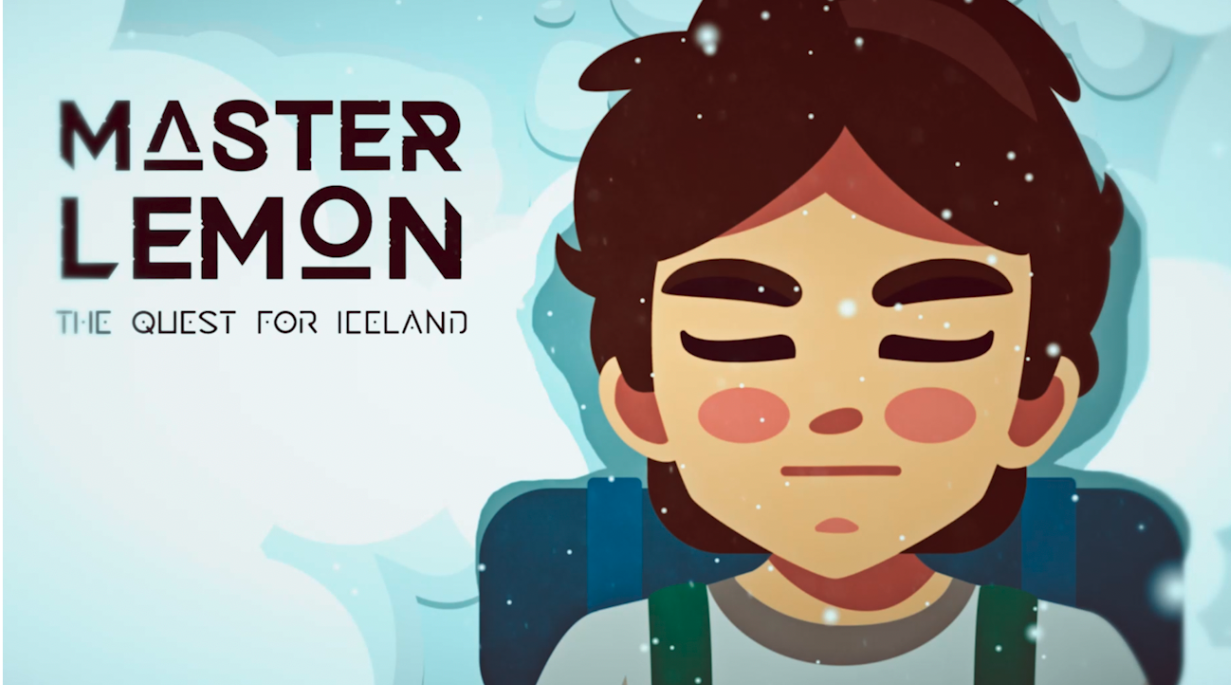
Норвежское языковое разнообразие / Norwegian language diversity / Norwegische Sprachvielfalt / Norvega lingvodiverseco (LIVE) —
Kira Polischuk
У нас у всех на слуху понятие “норвежский язык” и складывается впечатление, что он один в том же плане, в каком, например, английский или немецкий считается одним языком (хоть и с региональными различиями). Каково же наше удивление, когда мы начинаем учить норвежский и узнаём, что под норвежским обычно имеется в виду только один из двух норвежских языков – букмол, а есть ещё нюнорск. А если копнуть ещё глубже, то всплывают другие языковые нормы, такие, как самнорск, риксмол, ланнсмол, хёгнорск… Возникает много логичных вопросов: что есть что и зачем, и как это всё отличить друг от друга? Даже многие норвежцы и иные специалисты по норвежскому языку не до конца знают. Мне же доводилось общаться с представителями всех ныне живых норвежских норм и читать тексты на мёртвых нормах. На моей лекции мы с вами разберёмся, что они все такое и с чем их едят. Приходите, жду вас!
When you hear the word “Norwegian” you get the impression that it is one language in the same way that, for example, English or German are considered one language (though with regional differences). Of course you are surprised when you start learning Norwegian and find out that “Norwegian” usually means only one of the two Norwegian languages – Bokmål, and there is also Nynorsk. And if you dig even deeper, then you come across other language norms, such as Samnorsk, Riksmål, Landsmål, Høgnorsk… Naturally, a lot of questions arise: what is what and why it exists, and how to distinguish all of them from each other? Many Norwegians and even some specialists in the Norwegian language do not fully know. I have had the opportunity to communicate with representatives of all living Norwegian language norms and to read texts in the dead norms. At my talk, we will figure out what they are all about. Come, I’m waiting for you!
Wir hören alle das Wort „Norwegisch“ und haben den Eindruck, dass es eine Sprache ist, so wie beispielsweise Englisch oder Deutsch als eine Sprache betrachtet werden (wenn auch mit regionalen Unterschieden). Wie groß ist unsere Überraschung, wenn wir anfangen, Norwegisch zu lernen, und feststellen, dass Norwegisch normalerweise nur eine der zwei norwegischen Sprachen bedeutet – Bokmål, und es auch Nynorsk gibt. Und wenn man noch tiefer gräbt, dann tauchen andere Sprachnormen auf, wie Samnorsk, Riksmål, Landsmål, Høgnorsk… Es erheben sich logischerweise viele Fragen: Was ist was und wozu und wie kann man das alles voneinander unterscheiden? Selbst viele Norweger und manche Spezialisten für Norwegisch kennen sich nicht vollständig aus. Ich hatte Gelegenheit, mit Vertretern aller lebenden norwegischen Normen zu kommunizieren und Texte in den toten Normen zu lesen. In meinem Vortrag werden wir herausfinden, worum es geht. Kommt, ich warte auf euch!
Ni ĉiuj aŭdas la vorton “la norvega” kaj havas la impreson, ke ĝi estas unu lingvo sammaniere, ke ekzemple la angla aŭ la germana estas konsiderata unu lingvo (kvankam kun regionaj diferencoj). Kiom surprizitaj ni estas, kiam ni eklernas la norvegan kaj ekscias, ke “la norvega” kutime signifas nur unu el la du norvegaj lingvoj – la bukmolo, kaj ekzistas ankaŭ la ninorsko. Kaj se oni fosas eĉ pli profunde, tiam aperas aliaj lingvaj normoj, kiel samnorsko, riksmolo, lansmolo, hjognorsko… Multaj logikaj demandoj aperas: kio estas kio kaj por kio, kaj kiel distingi ĉion tion unu de la alia? Eĉ multaj norvegoj kaj iuj specialistoj pri la norvega lingvo ne tute scias. Mi havis okazon komuniki kun reprezentantoj de ĉiuj vivantaj norvegaj normoj kaj legi tekstojn pri la mortintaj normoj. En mia prelego, ni eltrovos pri kio ili temas. Venu, mi atendas vin!

































